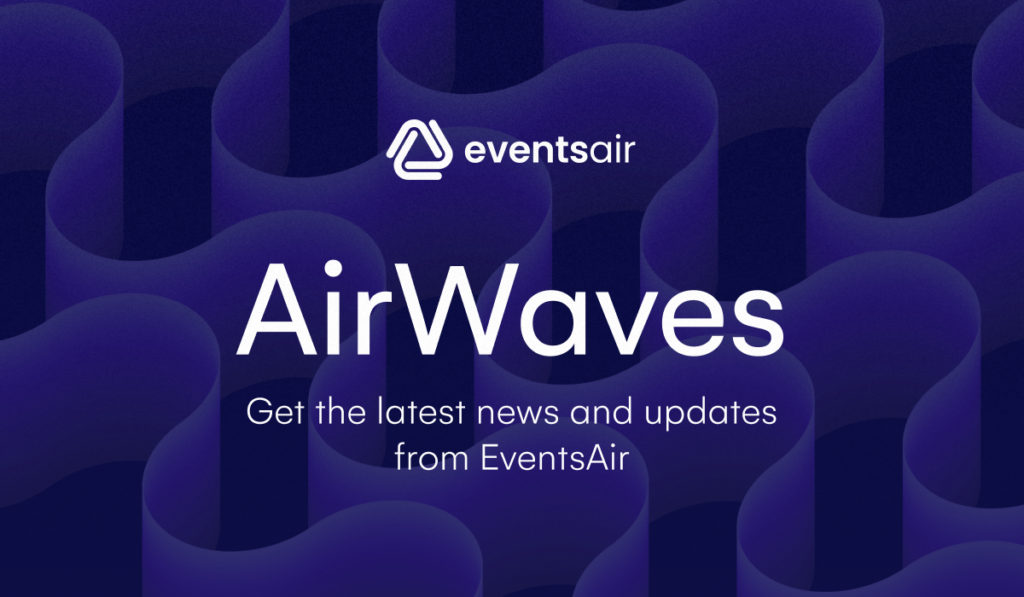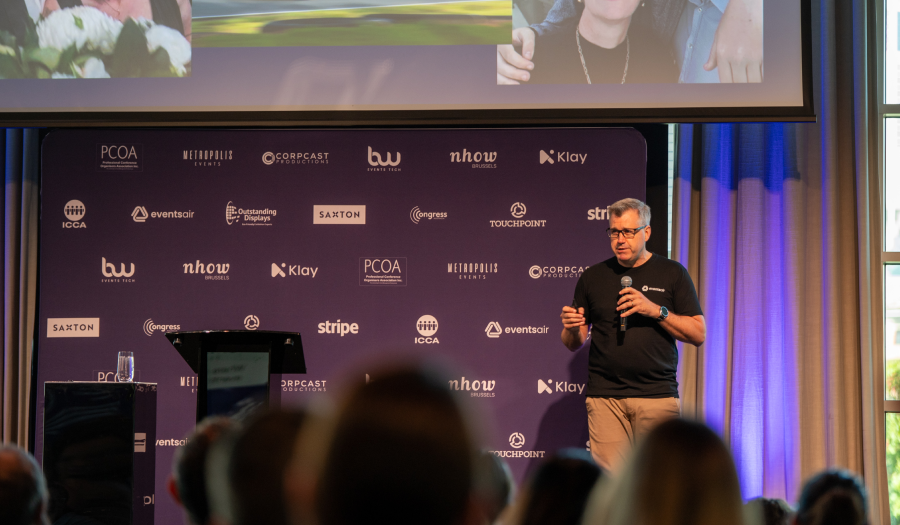
We’re a cloud-based industry, that’s for sure!
There’s a lot of statistics and reports out there pointing out that anywhere from 75% to 95% of the event industry now operates in the cloud.
It’s a given that there’s a huge upside to operating in the cloud – the real time and collaborative nature of the cloud allows technology platforms to provide services and functionality that were unheard of just a few years ago.
But what happens if you have opened onsite registration at your biggest event of the year and you experience an Internet slow down or outage? It’s not like you can close the doors for a few hours!
Like any new industry, smart event planners are figuring out how to take care of business and plan for the unexpected.
One useful trick is bringing in your own router equipped with a 3G/4G sim card installed. Use it as the main access point between the venue’s Internet connection and your onsite systems. Hopefully nothing disastrous ever happens, but if there was an outage, your router will automatically switch to the mobile data service via your sim card.
That way, badges can be printed, attendees can still check in and you can still run reports and take care of business.
Another way to ensure your Internet connectivity is to assess your venues internet services BEFORE you sign a contract! Find out who connects them, what their back up plans are and most importantly, what is their track record for providing a consistent and secure Internet connection. Nowadays, picking your venue should always include a detailed audit of the IT infrastructure at the venue.
Also, in many circumstances (depending on the community your venue is located in) planners can turn to a third party vendor of Internet services. While many times associated with exhibitions and festivals, more and more planners are turning to third party vendors to come in and provide the Internet backbone needed for a successful, Cloud-based experience onsite.
Planners are going even more old school, however!
Smart planners print PDF documents of name badges, check in lists, function lists and more to have on hand if the worst case scenario occurs. It’s not optimal, but one can still get badges on attendees if needed.
Looking at it from a technology perspective, what are software companies doing to solve this challenge?
One publisher, Centium Software, has created an innovative defense against the unexpected outage. Centium Software publishes EventsAir, a comprehensive event management platform that includes a suite of tools and services that include ways to recover from unexpected Internet outages.
The company was the first in the industry to address the challenge of losing Internet connectivity by publishing the Continuity Server, a powerful service that maintains an offline version of EventsAir that is fully synchronized with the cloud.
“We designed the Continuity Server to protect our clients if the unforeseen occurs and Internet connectivity either is lost or slows to an unacceptable level. When connectivity is restored, the Continuity Server switches EventsAir back to the cloud and synchronizes all offline data at the same time.”
Trevor Gardiner, Founder Centium Software
Mr. Gardiner noted that the Continuity Server is configured by the event planner who can choose to switch to offline mode at any time.
“It’s a real life saver,” Mr. Gardiner said. “Hopefully you will never need to use it, but for many events, losing connectivity even for a few minutes can be a total disaster.”
Centium Software also provides additional tools to allow system functionality when offsite or away from an Internet connection. The Centium team built into EventsAir additional tools for the onsite team to use even if there is no Internet connectivity.
“Our native organizer app includes an offline mode that downloads essential data and makes it available for many onsite management tasks, such as attendee check-in as well as managing access for functions and sessions,” Mr. Gardiner said. “Additionally, our Access Control App is designed to scan attendees into offsite events when Internet connectivity just can’t happen. It’s amazingly useful to have a tool that scans name badges and checks in authorized attendees to a specific event or session. You simply download the details when you have an Internet connection, and when the event is over, you can easily update the details to the cloud.”
Fortunately, venues are learning the crucial lessons of relying on an external service such as the Internet, or in modern terms, “The Cloud.” While most venues offer robust and secure connectivity, not all regions of the world can make that claim.
Events and meetings operate in all corners of the world, and losing your connectivity to the cloud is simply not an option. Plan ahead and be prepared, and hopefully the unexpected never occurs.
EventsAir has been at the forefront of Event Technology and Innovation for over 30 years, continually pushing the boundaries of what an event management platform can do. Built by event planners for event planners, EventsAir is a secure, scalable, cloud-based solution that can manage everything from in-person, virtual to hybrid conferences, meetings and events in a single online platform – anywhere, anytime and on any device. In use in over 50 countries by multi-national corporations, professional conference organizers, government departments and tertiary education institutions, EventsAir is also used in global congresses such as G20, APEC, CHOGM and ASEAN, as well as sporting events like The Olympic Games, World Rugby, Commonwealth Games and Pan Am Games. EventsAir is trusted by event professionals around the globe. For further information, visit www.eventsair.com
Event Technology & Apps | EventsAir | In-Person Events
See EventsAir in action
Discover why 12,000+ event professionals trust EventsAir to deliver effortless events, every time.




